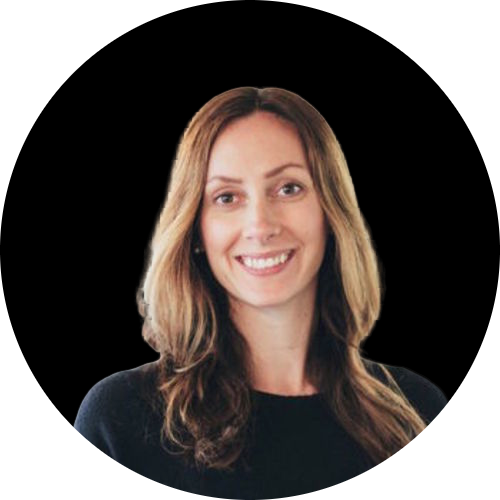Development Accelerators are our most intense programs. They are eight weeks, Monday through Friday, from 9 a.m. to 4 p.m., but students often spend more time working on homework and projects in our coworking space or at home. Each full-time course is meant to prepare you to hit the ground running as a full-time developer when you graduate. Therefore, these classes are geared toward more advanced students. If that is not you (yet), do not fear! We have a way to help you get there.
Beginner
If you consider yourself a beginner (i.e. you have never written a line of code, except for perhaps dabbling with a few online tutorials), then our Foundations I course is the right place to start. As you complete this four-week night course, it’s important to start thinking about which Development Accelerator you would like to aim for. Talk to your instructor and TA for guidance on which language will best complement your current skill set, and be sure to sign up for the Foundations II night class as soon as you have identified your desired path. We keep these classes smaller in size and they tend to fill up fast!
Intermediate
Students who self-identify in the ‘hobbyist’ category (i.e. have taken all of the online tutorials available, know the fundamentals of CSS, HTML, and JavaScript, and have built basic websites and/or applications) can directly sign up for a stack-specific Foundations II course. If your goal is to be accepted into the next Development Accelerator for that stack, then submit your application for that Development Accelerator when you enroll in the corresponding Foundations II. Because of the length of the application process for the Development Accelerator, it’s important for us to know your intention to get into an eight-week course as you go through the Foundations II class.
A Foundations II student’s acceptance into the Development Accelerator is determined largely on their course performance. This includes completing the course in good academic standing and receiving instructor recommendation. If the instructor feels that you’re not quite prepared for the Development Accelerator, they will help you come up with a learning plan that prepares you for a future application.
Experienced
Are Foundations I and II required? The answer to this popular question is “no”—a student can take one, both, or none. For those who want to apply directly to a Development Accelerator, our qualified applications generally have one or more of the following qualifications:
-
A computer science or STEM degree, OR a lot of self-education and experience
-
Competency with data structures, algorithms, and procedural, functional, and object-oriented programming
-
The ability to build working websites and applications in HTML, CSS, and JavaScript
-
A grasp on the fundamentals of other programming languages
-
A professional developer who has been coding for years and is considering changing stacks or upgrading their knowledge
Development Accelerator application process
Here’s an outline of the application process for Development Accelerators:
-
Submit a Code Fellows General Application via panel.codefellows.org
-
We’ll review your initial application and schedule a phone call to talk more about your background and goals.
-
Screening Interview:
-
You’ll meet with a Code Fellows rep, who will determine that you are signing up for correct class and have the appropriate level of experience. They’ll talk to you about your goals and expected outcome.
-
If recommended to advance, you will be scheduled for a technical interview (see below).
-
If the rep does not recommend that you advance, they will help you find the correct Foundations course and/or Bootcamp to register for.
-
Code Challenge
-
Stack-specific code challenge (due as soon as possible).
-
Tech Interview:
-
You will meet with an instructor and have an interview on foundational and stack-specific knowledge.
From here, the Code Fellows admissions team will let you know if you are accepted into the program. We work on a rolling application process, but it is important to note that the application process goes as quickly as the applicant does. However, as a general rule, we recommend that applicants allow at least three to four weeks for the process.
Thanks for reading, and we look forward to seeing you in class!

